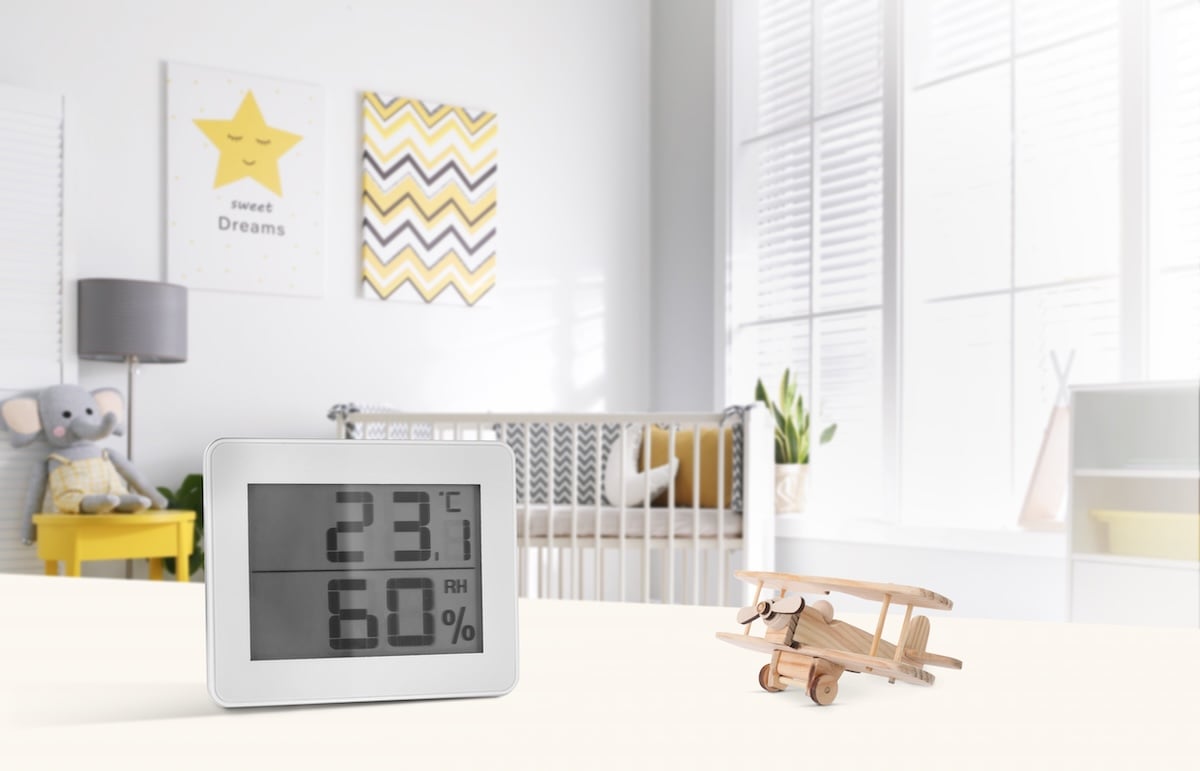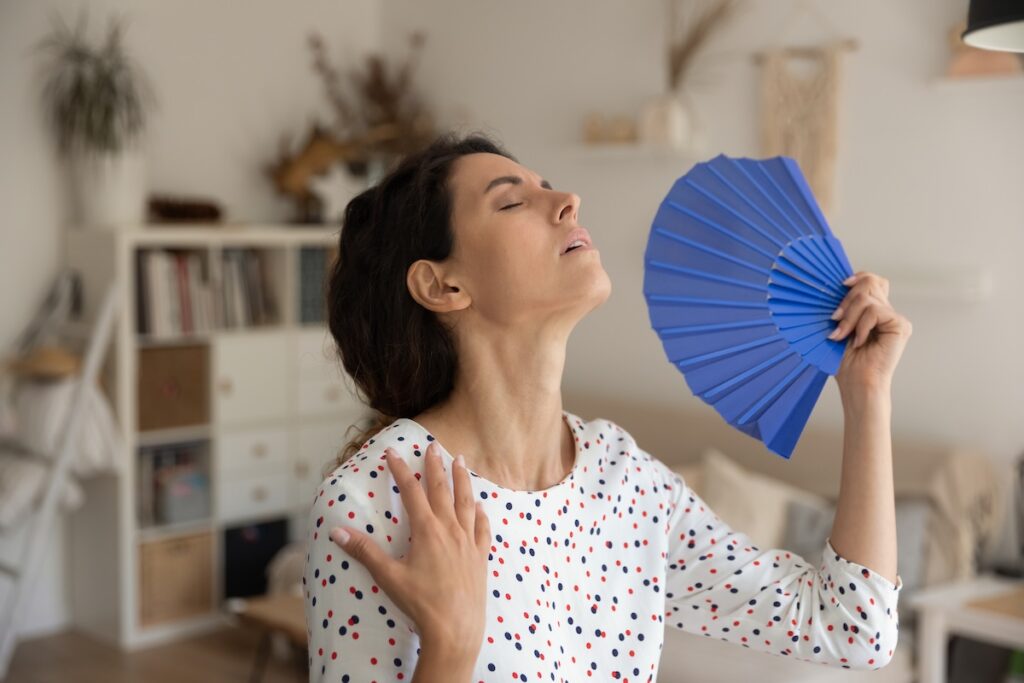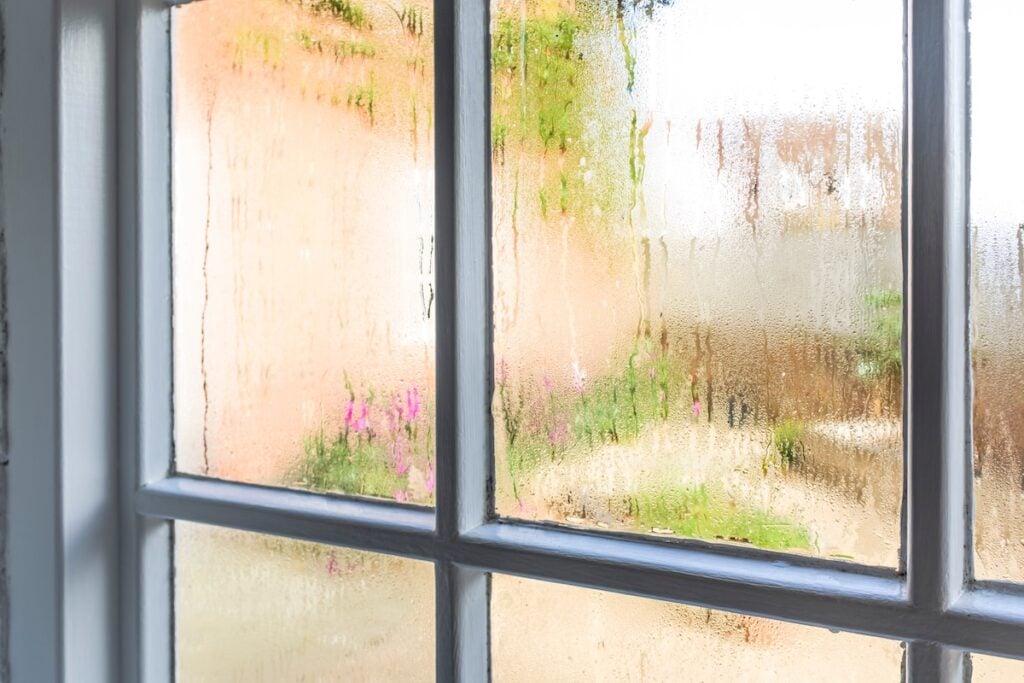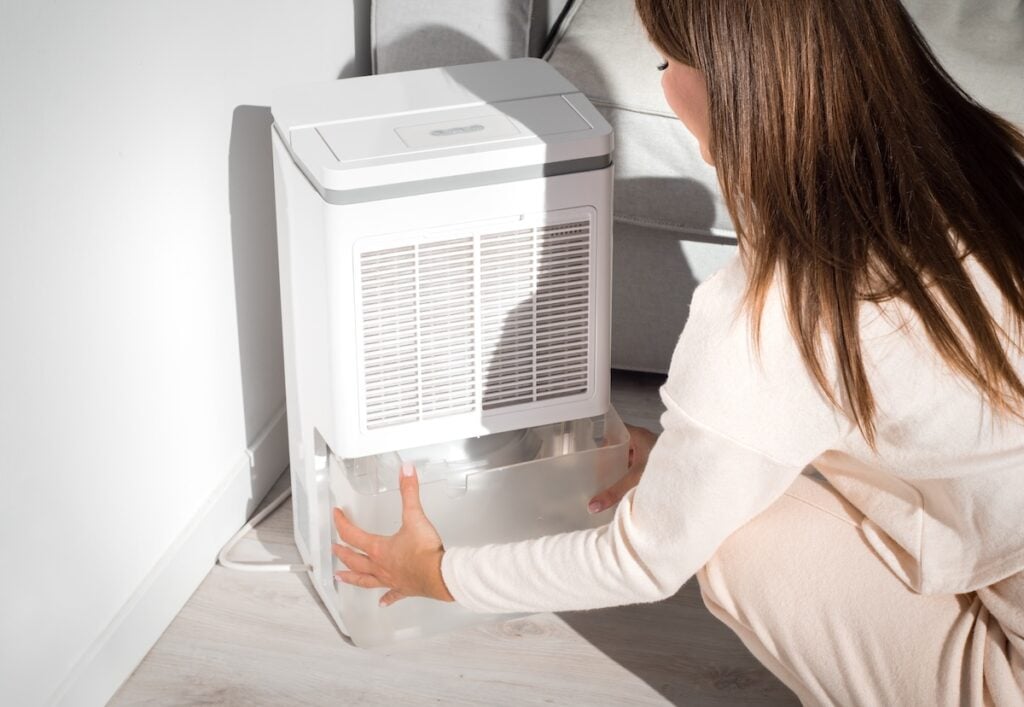


October 1, 2025
How to Reduce Humidity In House: 7 Easy Practices
South Carolina and Georgia homeowners know that our climate can bring more than just sunshine. Humidity creeps inside and lingers, making the air heavy and uncomfortable. Beyond discomfort, excess moisture can lead to mold growth, structural damage, and higher energy bills. If you’ve ever searched for ways on how to reduce humidity in house, you’re not alone. The good news is that small changes and regular maintenance can make a big difference. In fact, one of the best defenses against humidity starts with keeping your HVAC system in top shape.
In this guide, you’ll learn:
- Why humidity control matters for comfort and health
- The top causes of high indoor humidity
- Seven easy steps you can take starting today
- Seasonal strategies to stay ahead of moisture
- Signs it’s time to call a professional for help
🌡️ Why Managing Indoor Humidity Matters

Maintaining the right indoor humidity (ideally between 30% and 50%) is about more than comfort. It impacts your health, your home’s longevity, and even your wallet. Here’s why it deserves attention:
- Better Comfort: Drier air feels cooler, so you can keep your thermostat higher in summer without sacrificing comfort.
- Healthier Air: Balanced humidity reduces allergens like dust mites and mold spores.
- Energy Savings: When humidity is controlled, your HVAC system doesn’t have to work as hard.
- Protects Your Home: Moisture can warp wood floors, peel paint, and damage insulation.
- Peace of Mind: A humidity-free home reduces musty odors and that sticky feeling on hot days.
🧾 7 Easy Practices to Reduce Indoor Humidity
Too much moisture often comes from everyday activities like cooking, showering, or even how your house is sealed. Below are seven practical steps homeowners can take to get indoor humidity under control.
1. Use Your Ventilation Wisely
Bathrooms and kitchens are major sources of indoor moisture. Running exhaust fans helps pull damp air outside before it spreads.
- Run bathroom fans for at least 20 minutes after a shower
- Use the range hood every time you cook, especially when boiling water
- Make sure fans vent outdoors, not into the attic
2. Maintain Your HVAC System
Your air conditioner does more than cool — it also removes moisture from the air. When it’s not maintained, its efficiency drops.
- Change filters every 1–3 months
- Keep coils clean to maximize dehumidifying power
- Schedule professional tune-ups before summer
A well-tuned system can reduce humidity by 10% or more compared to a neglected one.
3. Add a Standalone Dehumidifier
Portable or whole-house dehumidifiers are designed to pull moisture directly from the air.
- Ideal for basements or areas with poor airflow
- Look for ENERGY STAR® models for efficiency
- Whole-home units connect directly to HVAC for consistent control
4. Seal Air Leaks and Insulate
Warm, moist air sneaks in through gaps around windows, doors, and ductwork. Sealing leaks keeps outside humidity from invading.
- Apply weatherstripping around doors
- Use caulk on window frames
- Consider insulating ducts with modern materials like reflective foil
5. Dry Clothes the Right Way
Indoor drying racks may save energy but they release gallons of water vapor into the air.
- Use a vented dryer that exhausts outdoors
- Clean the dryer vent to improve airflow
- If line-drying indoors, place clothes in a well-ventilated area with fans running
6. Monitor Indoor Humidity Levels
You can’t fix what you don’t measure. Affordable hygrometers show your home’s current humidity level.
- Place them in bedrooms, basements, and living spaces
- Aim for 30–50% relative humidity
- Adjust solutions based on the readings
7. Consider Professional Duct Cleaning
Dust, mold, and debris inside ductwork hold onto moisture, creating a cycle of damp air. A professional duct cleaning not only improves airflow but also helps keep humidity balanced.
- Removes contaminants that trap moisture
- Improves system efficiency
- Supports healthier indoor air
📅 Seasonal Tips for Humidity Control

Humidity challenges change with the seasons. By planning ahead, you can avoid issues before they begin.
- Summer: This is peak humidity season. Schedule HVAC maintenance in spring to make sure your system is ready to dehumidify.
- Fall: Seal windows and doors before colder months to prevent damp drafts.
- Winter: While air is naturally drier, some homes still experience moisture problems from poor ventilation. Watch for condensation on windows.
- Spring: Inspect attic and crawl spaces for water damage before the rainy season hits.
🛠️ Signs It’s Time to Call a Professional
Sometimes DIY efforts aren’t enough. Recognizing when to bring in an expert can save time, money, and your home’s health.
- Persistent Mold Growth: If you see mold return shortly after cleaning, it means moisture is still present. Professional duct cleaning or HVAC service may be needed.
- Musty or Damp Smells: Lingering odors suggest hidden mold or moisture buildup in ducts, crawl spaces, or insulation.
- High Energy Bills: When your AC runs constantly but the air still feels sticky, it’s a red flag that the system isn’t removing moisture efficiently.
- Visible Condensation: Water beading on windows, pipes, or walls points to a humidity imbalance that likely requires professional help.
- Frequent Illness or Allergies: If household members experience respiratory issues, reducing humidity through professional cleaning may help improve indoor air quality.
📊 DIY vs. Professional Solutions

It can be tough to know which route to take. Here’s a quick comparison to help guide your decision:
| Solution Type | Pros | Cons | Best For |
| DIY (fans, caulk, portable dehumidifier) | Low cost, quick fixes, accessible | Limited impact, requires ongoing effort | Mild humidity issues |
| Professional HVAC Maintenance | Improves comfort, lowers bills, long-term results | Annual cost, requires scheduling | Whole-home prevention |
| Duct Cleaning & Sealing | Targets hidden moisture sources, supports clean air | Upfront investment | Homes with mold, dust, or efficiency issues |
| Whole-House Dehumidifier | Consistent humidity control, seamless integration | Higher upfront cost | Homes with persistent high humidity |
🏠 Take Control of Your Home’s Comfort
Humidity is more than a minor inconvenience. Left unchecked, it can damage your home and affect your family’s health. By combining smart daily habits with professional maintenance, you can enjoy a cooler, cleaner, and healthier living environment year-round.
If you’re ready to address humidity concerns or want a professional inspection, don’t wait for the problem to grow. Simply contact us today to schedule your free duct inspection or learn more about available services.


